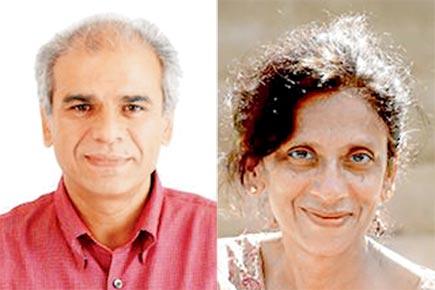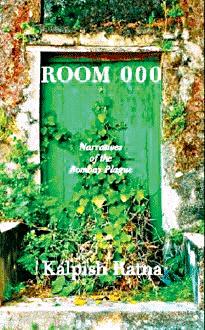'Room 000' by Kalpish Ratna is an insightful look at how the deadly bubonic plague created havoc in Mumbai in 1896, and offers telling lessons for today’s times as we grapple with H1N1 and Ebola

Will it appeal to today's readers?
This is a book full of stories about people. People whose worries and hopes were no different from yours or mine.
What was the most difficult/challenging part of piecing this research-heavy title?
The title was a gift! How could anyone who walks past a sign with the words ‘Room 000’ not want to write a book about it? It took us a long time to get round to the book, but we’ve had this title since our undergraduate years!
Do you believe that we, as a society, might have glossed over the contributions made by men like Haffkine, Dr Viegas and many others mentioned in the book
We have ignored their work and forgotten their genius, at our peril too.
What can Mumbai and India take home from this book as it battles with the deadly H1N1 virus?
Health is not about battling viruses and bacteria. Hippocrates, Sushruta and Ibn e Sina thought disease was caused by an imbalance between humans and their environment. Today’s science coheres with this view. We must no longer battle with viruses and bacteria. We must consider their point of view. Diseases break out when their natural habitat is disrupted. Viruses and bacteria are older than us and much smarter than us. Conquest is unrealistic—but we can work towards a détente.

Finally, your next book will be about Garcia d’Orta – again someone known mostly to history and heritage buffs. Why the choice?
Because more people ought to know him. He was such an interesting guy!
 Subscribe today by clicking the link and stay updated with the latest news!" Click here!
Subscribe today by clicking the link and stay updated with the latest news!" Click here!







_d.png)



